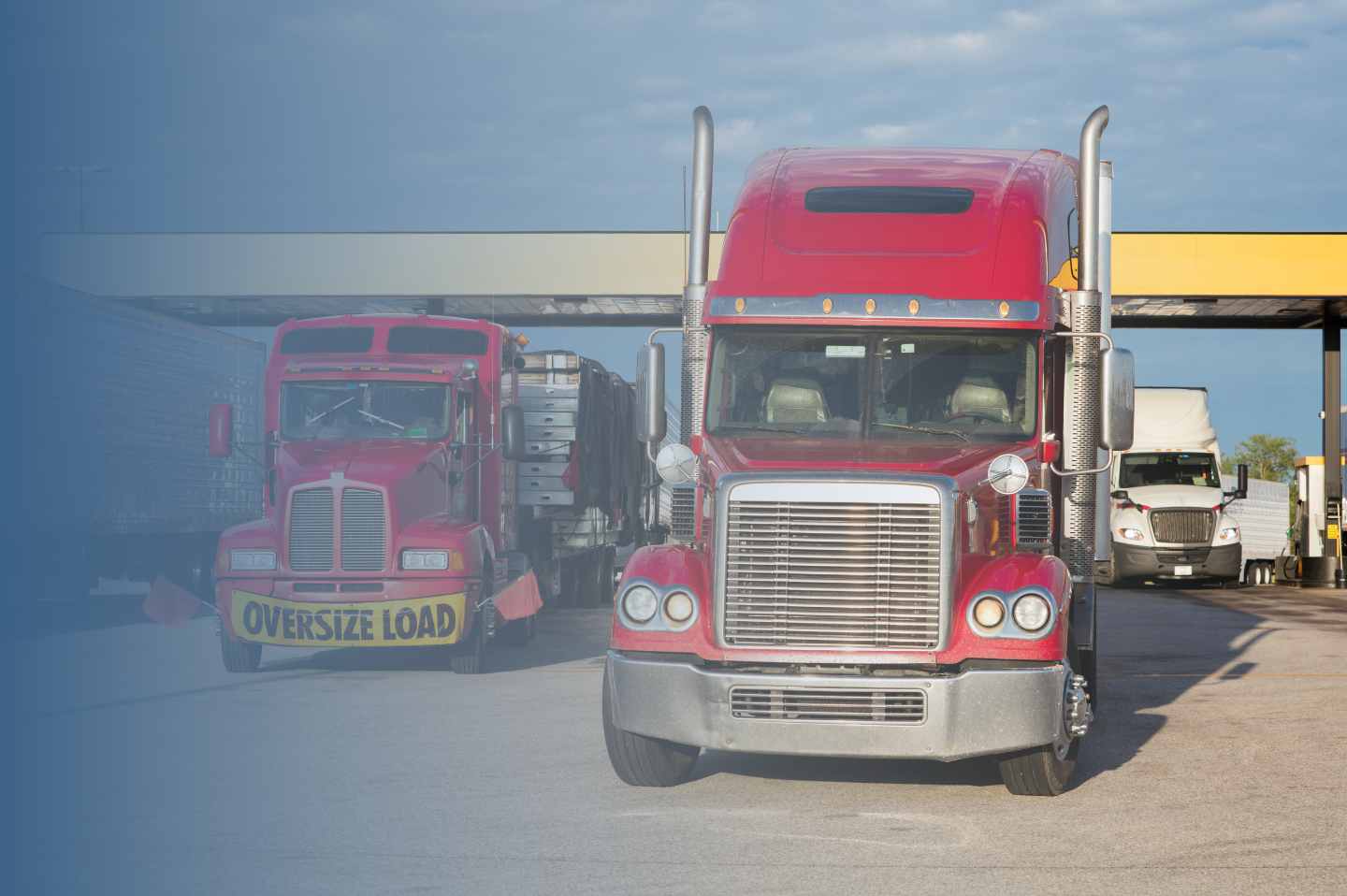
QuikQ Leverages Technology to Fight Fraud at the Pump
By: Thomas Wasson
Article originally appeared in FreightWaves.
Fuel fraud is a growing problem impacting the bottom line for fleets of all sizes. But Vice President of Sales Rich Taute at QuikQ, says RFID technology and multifactor authentication are expanding the way fleets can proactively combat these fraudulent transactions.
Taute began his career back in 1995 running truck stops then moved on to selling fuel directly to fleets that used fuel discount programs. He then spent 10 years at EFS managing fuel payments before becoming a vice president of national accounts.
He explains that QuikQ’s payment platform runs on a QuikQ rail that connects directly with the truck stop and authorizes the transaction between fleet and truck stop via a credit line or direct bill. A payment rail is the infrastructure that moves money from one party to another. It can be in the form of ACH, or wire transfers, or it can be initiated by RFID technology or fuel cards, which QuikQ specializes in. QuikQ’s RFID technology begins with a sticker slightly larger than a credit card that is applied on the inside of a tractor’s windshield. The RFID technology QuikQ uses is currently deployed at Love’s and TA/Petro locations.
For Taute, the added security of RFID technology remains unparalleled when combating fuel fraud and card skimming. Fuel fraud is significantly impacting carriers, he adds, noting the average fraudulent transaction can be $650 to $1,000. Fraud remains prevalent but is often an underreported risk. Taute recently conducted a LinkedIn poll in which 17% of respondents said they had experienced fuel fraud, 33% were not aware of fraud but hadn’t experienced it, and 50% of respondents had no idea fuel fraud was out there. This turns fuel fraud into an issue where “So for most fleets, it’s not a problem until it’s a problem, and [that’s] really what the marketplace is all about right now.”
For carriers that are victims of fraud, finding a resolution can be difficult. Unlike a consumer fraud transaction, a carrier’s commercial fraud transactions are not guaranteed to be credited.
For truck stops and fueling locations that do not have the RFID receivers installed, QuikQ also offers a traditional fuel card that includes additional security features. One of those features, Secure Swipe, a multifactor authentication for the driver to approve before the transaction is preauthorized.
One example of QuikQ’s SecureSwipe multifactor authentication is when drivers arrive to fuel their tractors. When the driver swipes their fuel card, they instantly receive a text message asking them to confirm the location where the card was swiped with a simple yes or no. If the driver replies Yes, the transaction proceeds.. If the response is no, the transaction is automatically declined. For drivers who accidentally decline a transaction, all it takes is a call to their carrier to confirm and reactivate the transaction. Another security feature QuikQ utilizes is the “One-Hour Rule.” This limits transactions to one per hour at ANY QuikQ merchant, not just the location of the initial transaction.
When using RFID technology, location matters and truck fuel and reefer fuel authorizations are tied into the location of the RFID antenna and tag. Once a tractor moves away from the pump, the RFID tag disengages, and the pump will automatically turn off. Taute says location-based RFID fuel authorization helps prevent a common form of fuel fraud, splash fueling. This is when a driver activates the pump with their fuel card, but actually pulls their truck forward, and sells fuel for cash, to the driver behind them. RFID technology prevents this because the pump and transaction automatically end after the driver pulls forward and out of range of the receiver.
Relationships with trusted payment providers matter for fleets and fuel providers attempting to combat fraud. Taute notes a challenge for small fleets and owner-operators is getting quick access to a live staff member, with many customers not even knowing who their representative is or how to quickly get in contact when fraud occurs.
For large nationwide truckload fleets, “You [have] the Batphone to everyone you need in a company.” Smaller fleets and owner-operators are not so lucky. Taute adds, “However, we’ve talked to some carriers that have hundreds of trucks and they complain about not having a relationship with their billing card company when it comes to dealing with fraud.” Allowing fleets of all sizes quick access to a representative when issues arise and avoiding the byzantine call queue wait is a major advantage for QuikQ.